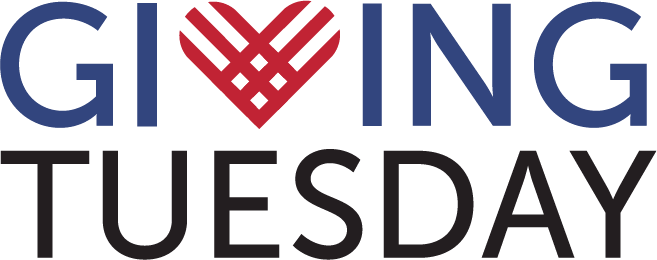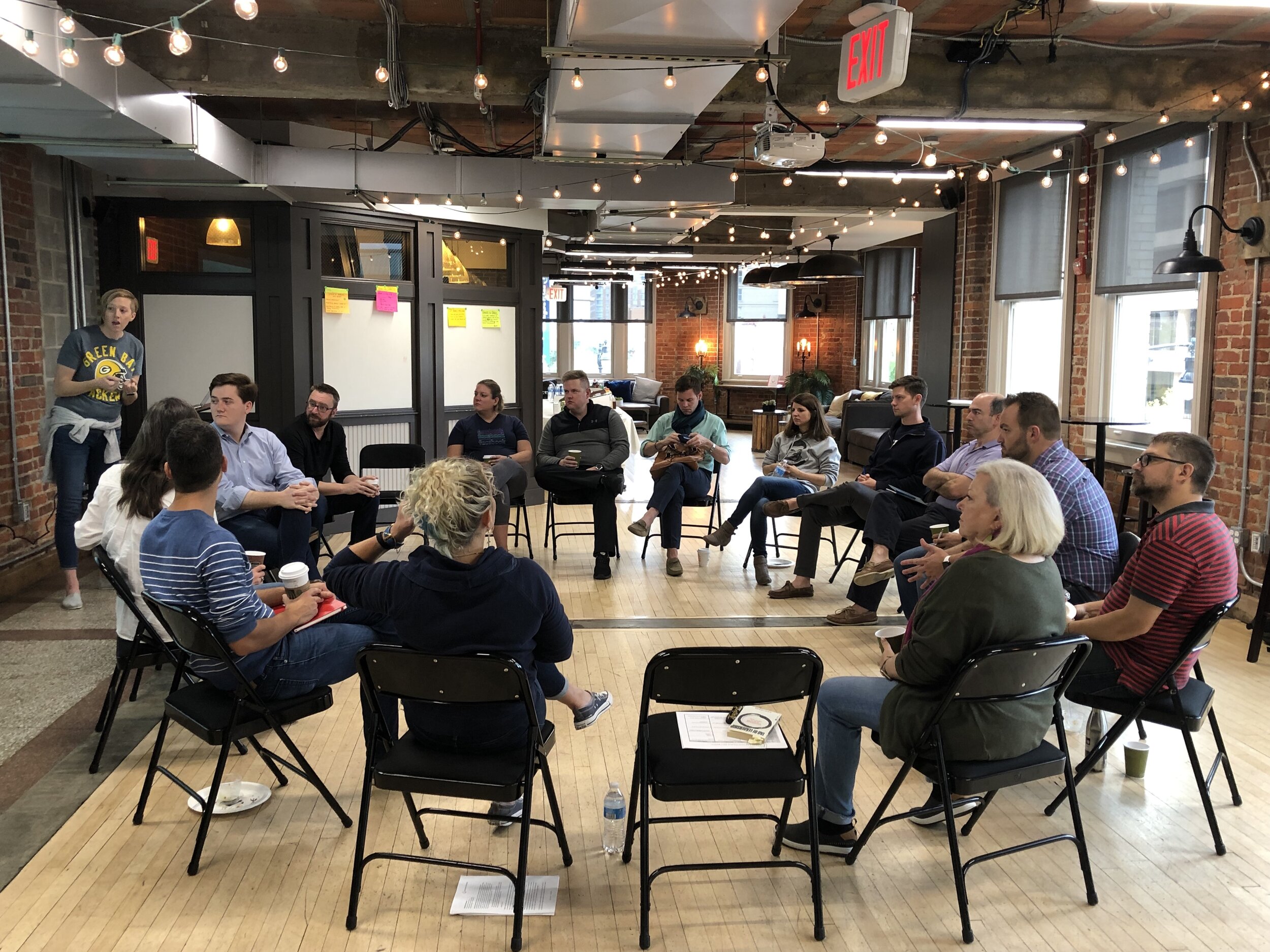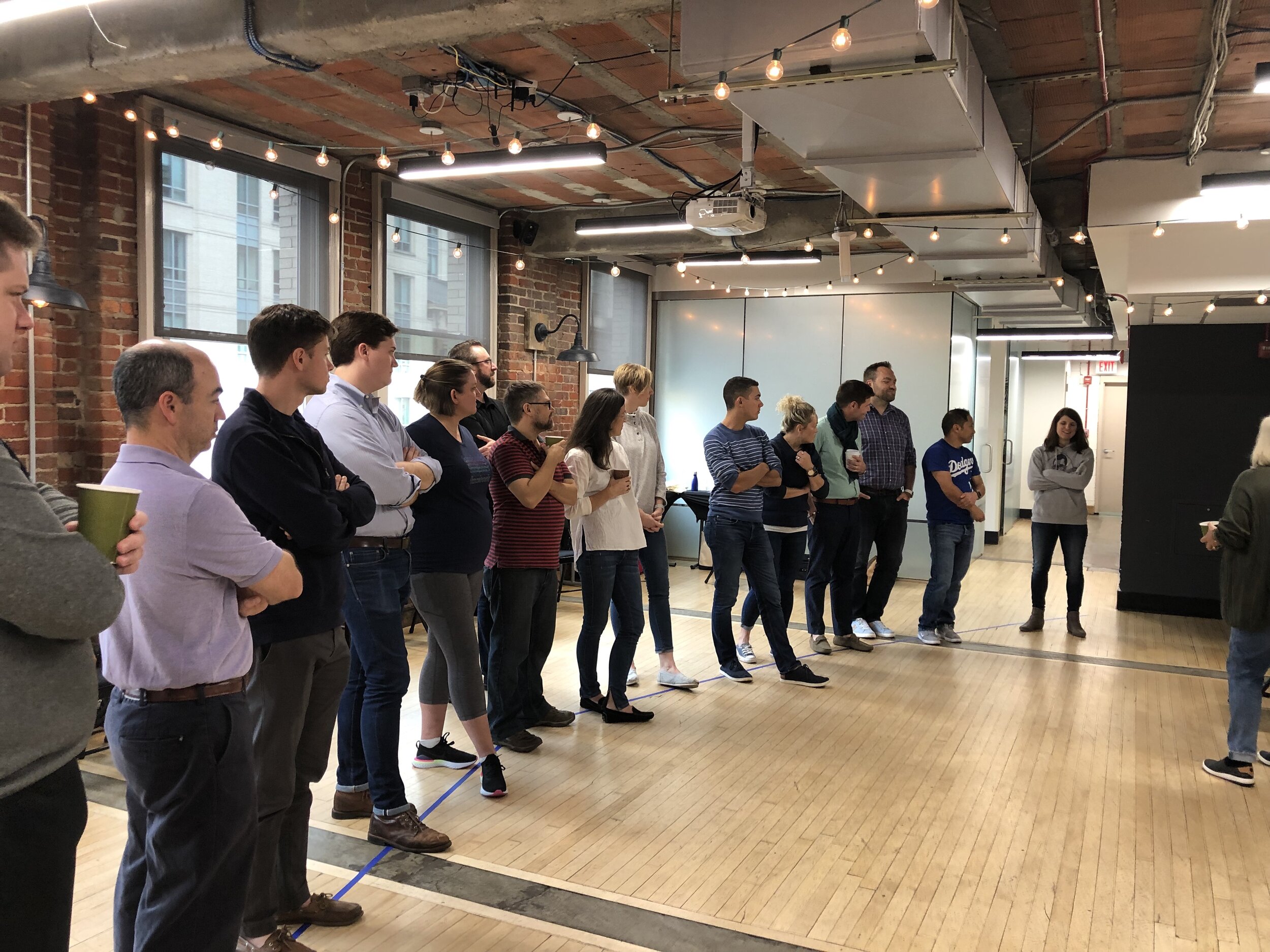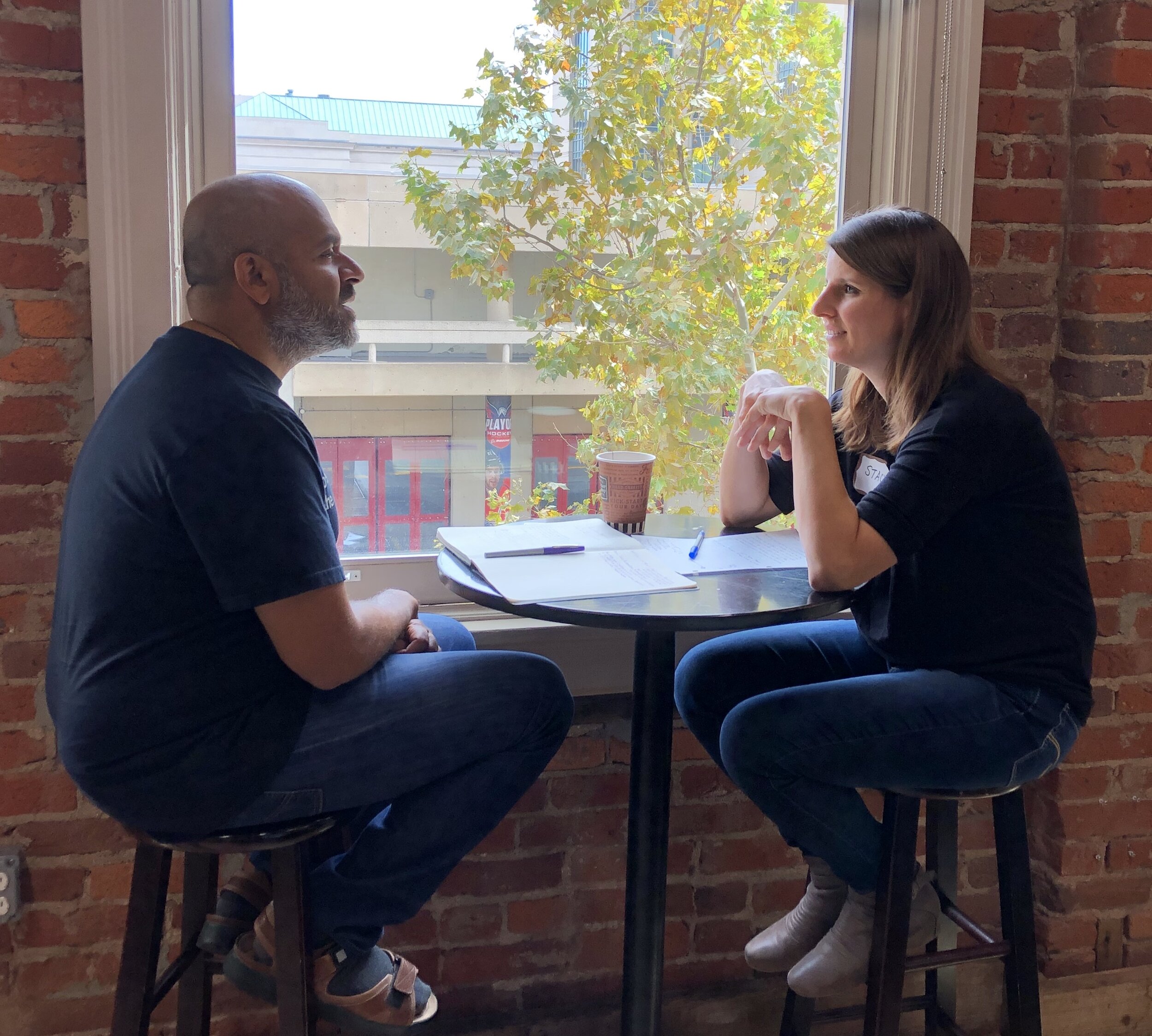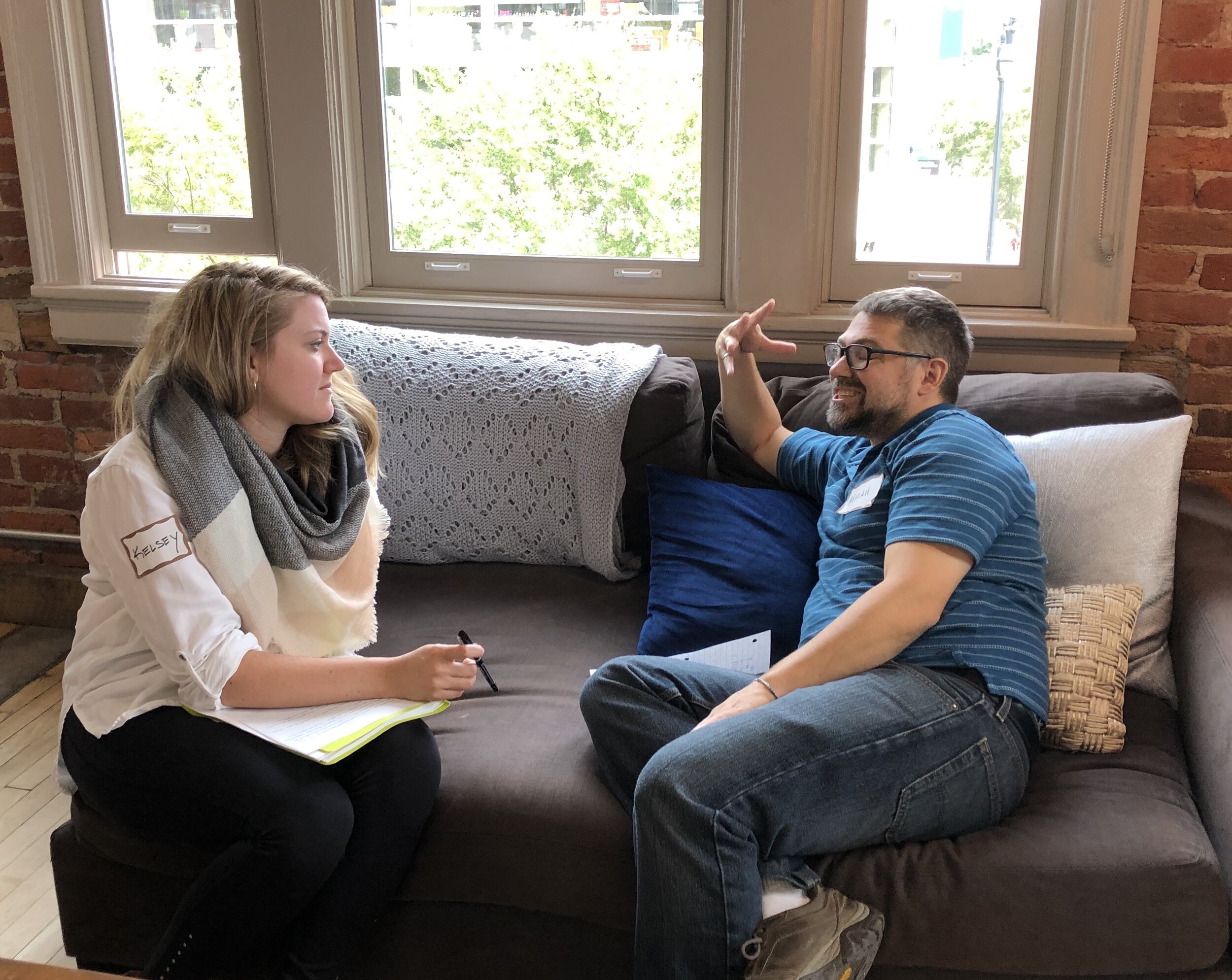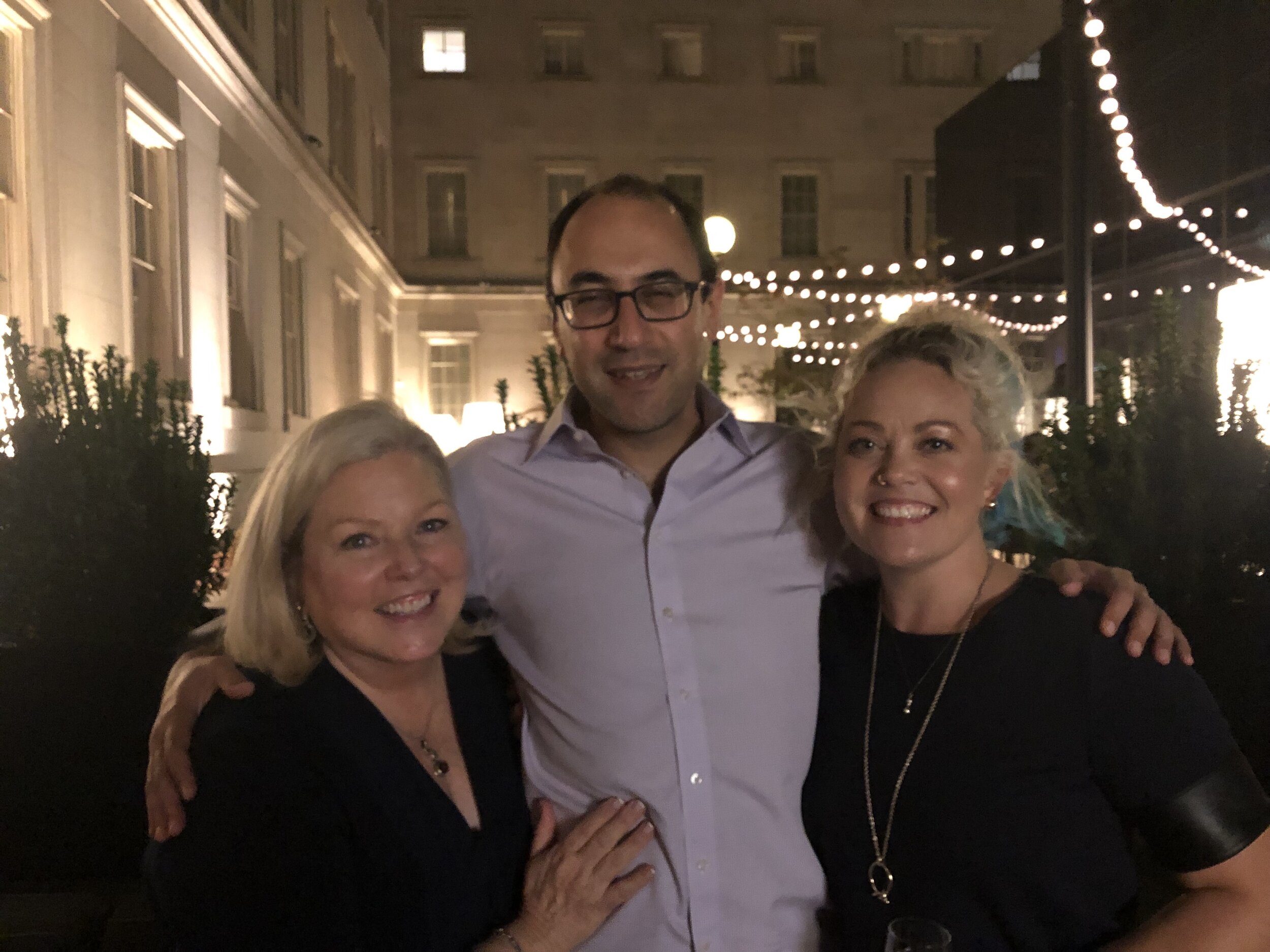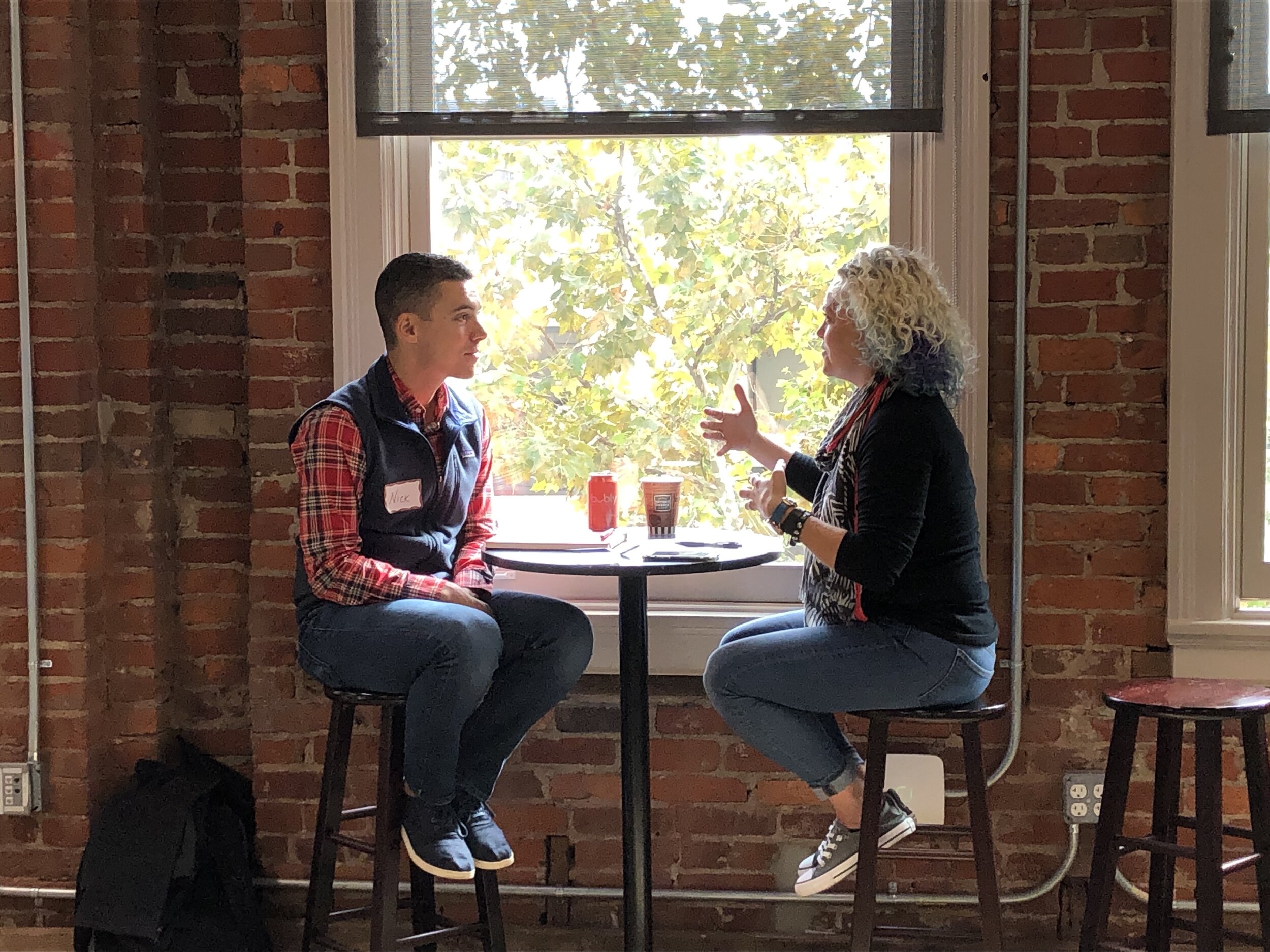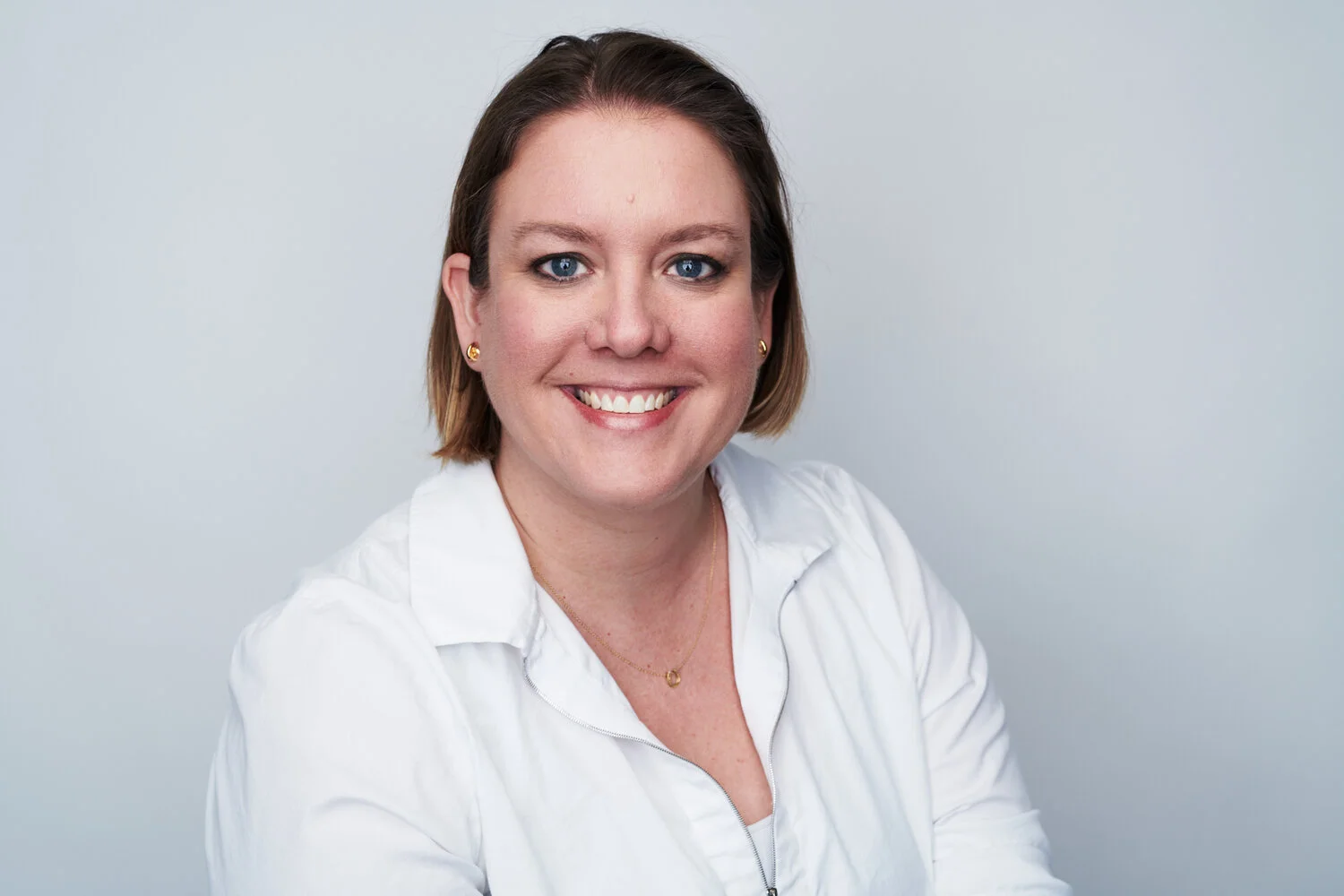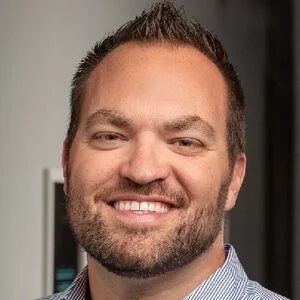Who do you become in the face of uncertainty? One of the inadvertent gifts of the coronavirus pandemic is an opportunity to examine our character.
Who do you become in the face of uncertainty?
Effective leaders deal with what is. They face the facts, assess the situation, and work with what they can do something about.
You’re already being given clues to pathways for working through this, whether you’re aware of it or not. Pay attention to the circumstances that trigger fear or anxiety. Where and when does this show up for you? How do you currently respond?
The question to ask ourselves is who do I want to become in the face of uncertainty? To factors that are outside my control? How would you like to be responding?
At least part of moving through this moment is discovering what we DO have control over. What’s within your reach right at this moment?
- How often do I watch the news?
- How frequently am I making coronavirus the center of my conversations?
- On a scale of 1 (low) to 10 (high), how would I rate my tendency to “awful-ize”?
- How much and how often do I focus on the needs of others?
- What are the possible opportunities during this time? And how do I situate myself to recognize them?
- How can I use this time to clarify and recalibrate my personal values system?
This doesn’t have to the be the worst time ever. In fact, there are glimmers of hope and resilience in this, and every situation. If we still our minds and spirits, we open ourselves to discovering what they are.
Here are some healthy actions you can take that you have complete control over:
- Walks in nature
- Yard clean up
- Meal planning and cooking
- Overdue household maintenance
- Doing something creative, every day
- Schedule on-line courses and tutorials
- Expand your entertainment choices: e.g., pick a genre of movies to cycle through
And if you need someone to explore how you can optimize your choices, contact me. I’m offering a reduced fee for personal one-to-one coaching to help you through this.
Contact Lori: lori@cultivatethekarass.org.


